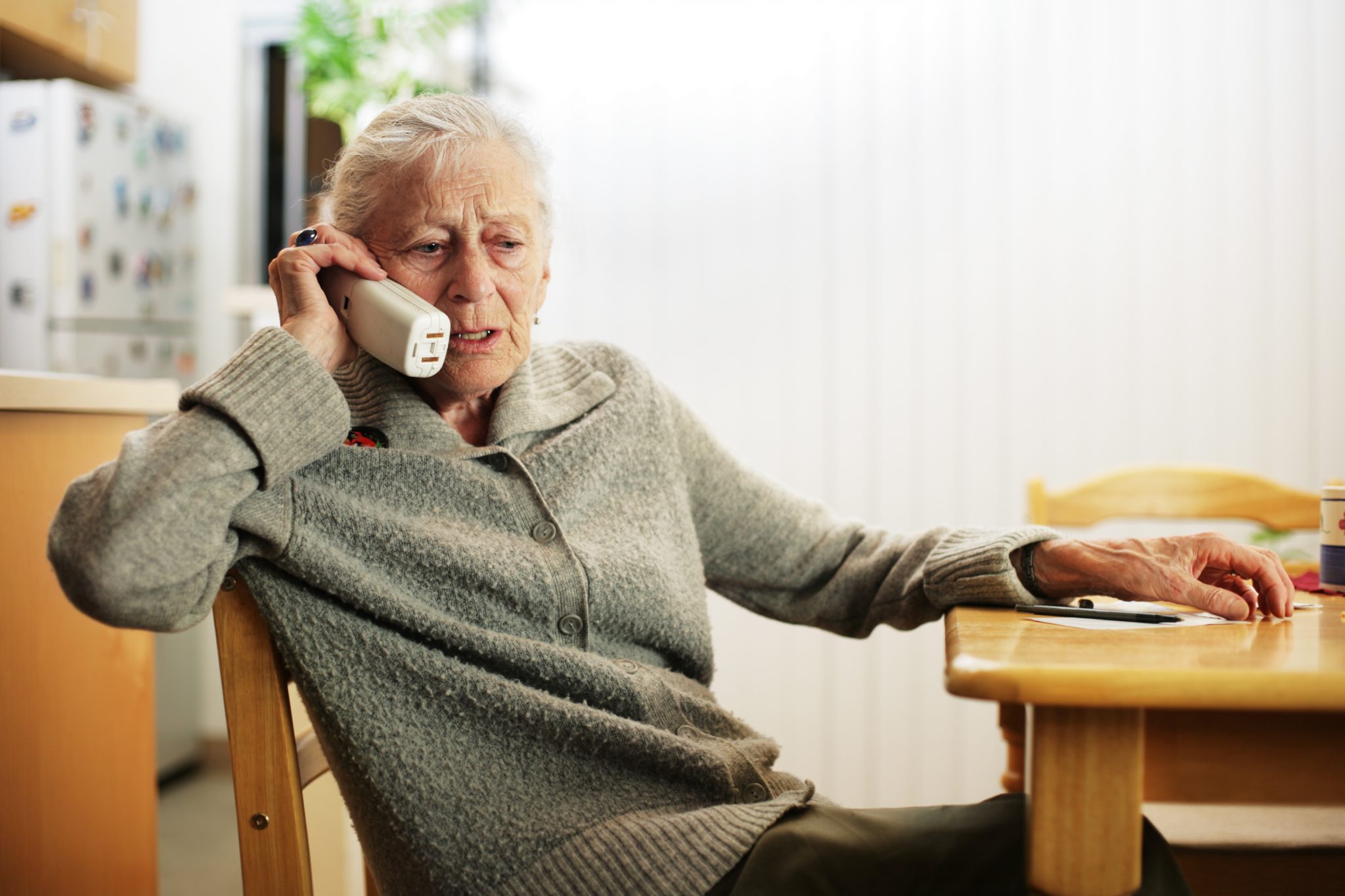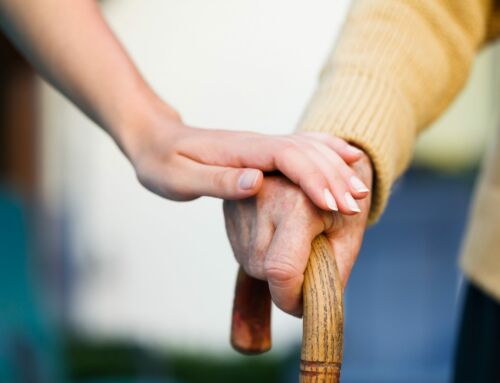The suggestions provided below are indicative needs only. Please consult your doctor and/or palliative care specialists for more specific support needs depending on the person’s underlying condition/stage:
- Practical care and assistance. They may no longer be able to talk, sit, walk, eat, or make sense of the world around them. Routine activities, such as bathing, feeding, toileting, dressing and turning over in bed may require total support and increased physical strength on the part of the care provider. You may no longer be able to perform these tasks yourself. If may be the right time to call for further support from home care providers, a hospice or respite provider, or various nursing services.
- Respite Care. Respite care can give you and your family a break from the intensity of end of life caregiving. It may be as simple as having a home care provider sit with your loved one for a few hours so you can shop, meet friends for a coffee or watch a movie, or it could involve them having a brief inpatient stay at a respite facility for a day or two.
- Comfort and dignity. Even if their decision making capabilities are depleted, their capacity to feel sad, lonely and frightened, or indeed, at peace and feeling relatively secure, remains of prime consideration. Therefore, regardless of their location—being at home, or hospital, or within a nursing home facility—the most comforting interactions are usually those which ease discomfort and provide meaningful connections to family members and friends.
- Grief support. Anticipating a loved one’s death can produce reactions from relief to sadness, to feeling a complete state of numbness. Consulting bereavement specialists, grief counsellors or spiritual advisors during the end of life caring stage, may possibly help you and your family prepare for your impending loss.


